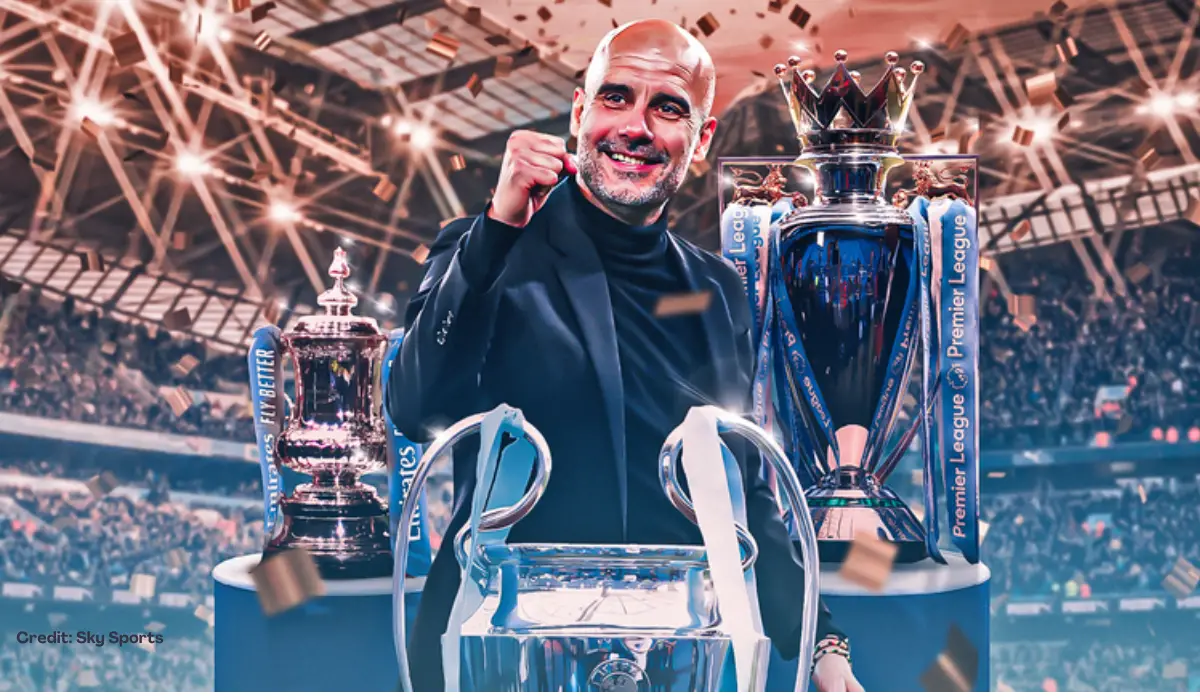In today’s world, it is common to hear that a football club has been newly acquired by a Billionaire. You may then wonder, why do billionaires buy football clubs? Why not other sports teams? Is it so profitable to buy a football club?
Well, in the course of this article, you should find answers to these questions and more, especially the real reason why billionaires buy football clubs.
Read Also: The Roles of Football Club Chairman
10 Reasons Why Billionaires Buy Football Clubs
Billionaires may choose to buy football clubs for a variety of reasons, and their motivations can vary based on individual preferences and goals. Here are some of the most reasonable reasons:
1. Passion for the Sport
Billionaires often buy football clubs due to a genuine love for the sport, seeking a hands-on involvement in the game they are passionate about. By owning a club, they can actively contribute to its success and immerse themselves in the football world, aligning their personal interests with their investment.
Read Also: Best One-Club Football Players Ever
2. Business and Investment Opportunities
The acquisition of football clubs represents a sound business strategy for billionaires, as these organizations can generate substantial revenue through various channels. From lucrative broadcasting rights to merchandise sales and sponsorship deals, football clubs offer diverse income streams that can translate into a profitable investment, making them an attractive asset for wealthy individuals seeking financial returns.
3. Global Brand Exposure
Billionaires recognize the global appeal of football and use club ownership as a strategic move to enhance their personal brand on an international scale. Owning a football club ensures widespread visibility, with matches broadcasted globally, providing a platform for promoting the owner’s other businesses and establishing a prominent presence in the global sports industry.
4. Community and Social Impact
For some billionaires, the purchase of a football club is driven by a desire to make a positive impact on the local community. They see the club as a vehicle for social responsibility, investing in local infrastructure, supporting youth development programs, contributing to charitable initiatives, fostering goodwill and leaving a lasting legacy beyond the sport itself.
Read Also: What Is Buy Back Clause In Football?
5. Networking and Social Status
Owning a prestigious football club is a strategic move for billionaires seeking to elevate their social status and expand their influential networks. The association with a high-profile club provides unique opportunities for networking with other influential individuals, both within the sports industry and beyond, establishing a powerful and well-connected social standing.
Read Also: How Do Wingbacks Play?
6. Legacy and Recognition
Billionaires view football club ownership as a means to create a lasting legacy. Building a successful club and achieving on-field success can be a source of personal pride and recognition, ensuring that their impact on the sport endures and contributes to their legacy as prominent figures in the business and sports world.
7. Love of Competition
The competitive nature of football appeals to billionaires who relish challenges. Owning a football club allows them to participate in high-stakes competitions, striving for success on the field and enjoying the thrill of competition, aligning with their drive for achievement and success in various aspects of their lives.
Read Also: Why Is Ballon d’Or Given?
8. Fan Engagement and Loyalty
Billionaires recognize the passionate fan bases associated with football clubs and leverage ownership to engage with these supporters. Building strong fan loyalty becomes a mutually beneficial endeavour, with owners fostering a sense of community and connection that enhances the club’s brand while enjoying the personal satisfaction of being instrumental in creating a devoted fan following.
9. Strategic Location and Development Opportunities
The geographical location of a football club holds strategic importance for billionaires. Owning a club in a growing market or a city with the potential for real estate development provides additional investment opportunities, allowing owners to integrate their football club ownership into a broader strategic plan for economic growth and development.
10. Media and Entertainment Synergies
Football clubs seamlessly align with billionaires’ interests in media and entertainment. Ownership provides valuable content for television networks, streaming services, and other media platforms. The synergy between football, media, and entertainment becomes a strategic advantage, contributing to the overall success and profitability of their diverse business portfolios.
Conclusion
The motivations behind billionaires buying football clubs are multifaceted, ranging from personal passion and the pursuit of legacy to strategic business considerations and global brand exposure. These high-profile acquisitions not only provide financial opportunities but also allow for social impact, community engagement, and the fulfilment of a love for competition.
While the reasons may vary, football club ownership remains an intriguing avenue for billionaires to intertwine their personal interests, business acumen, and desire for lasting impact. Personally, the diverse array of motivations underscores the complexity of their decisions, highlighting the unique blend of passion, strategy, and societal impact that defines the world of billionaire football club ownership.





